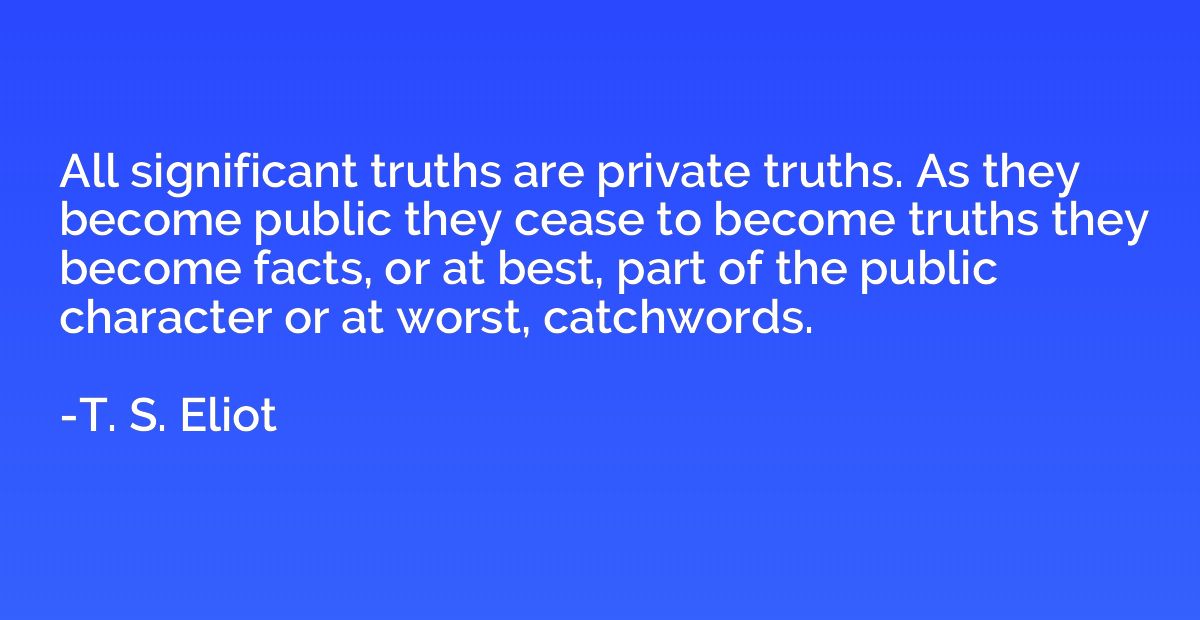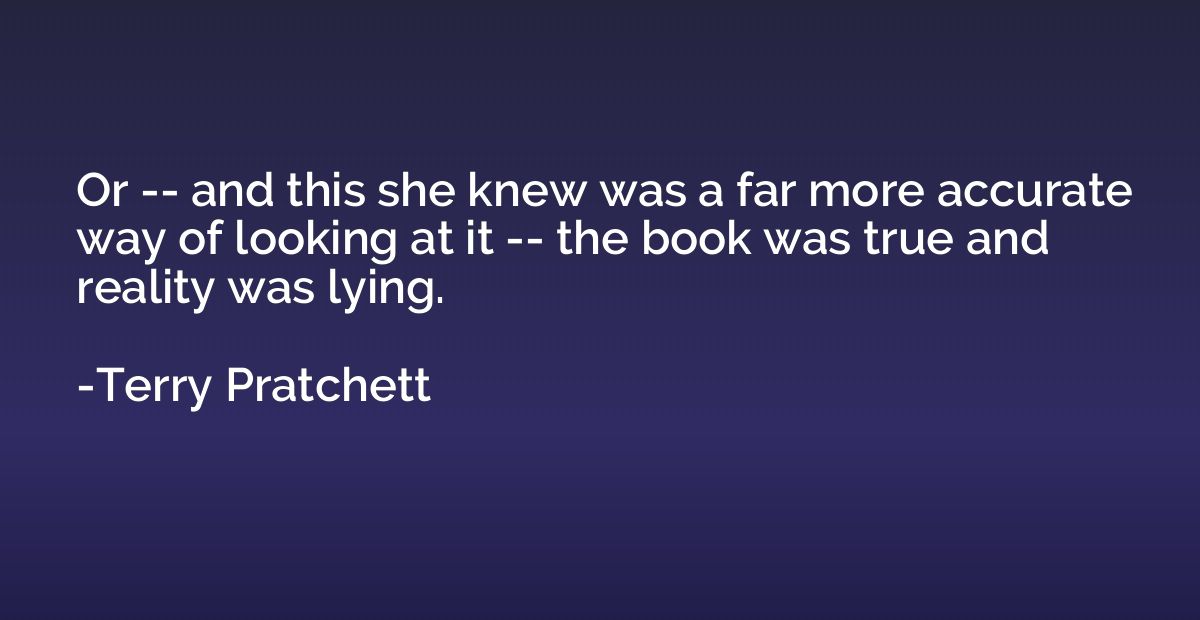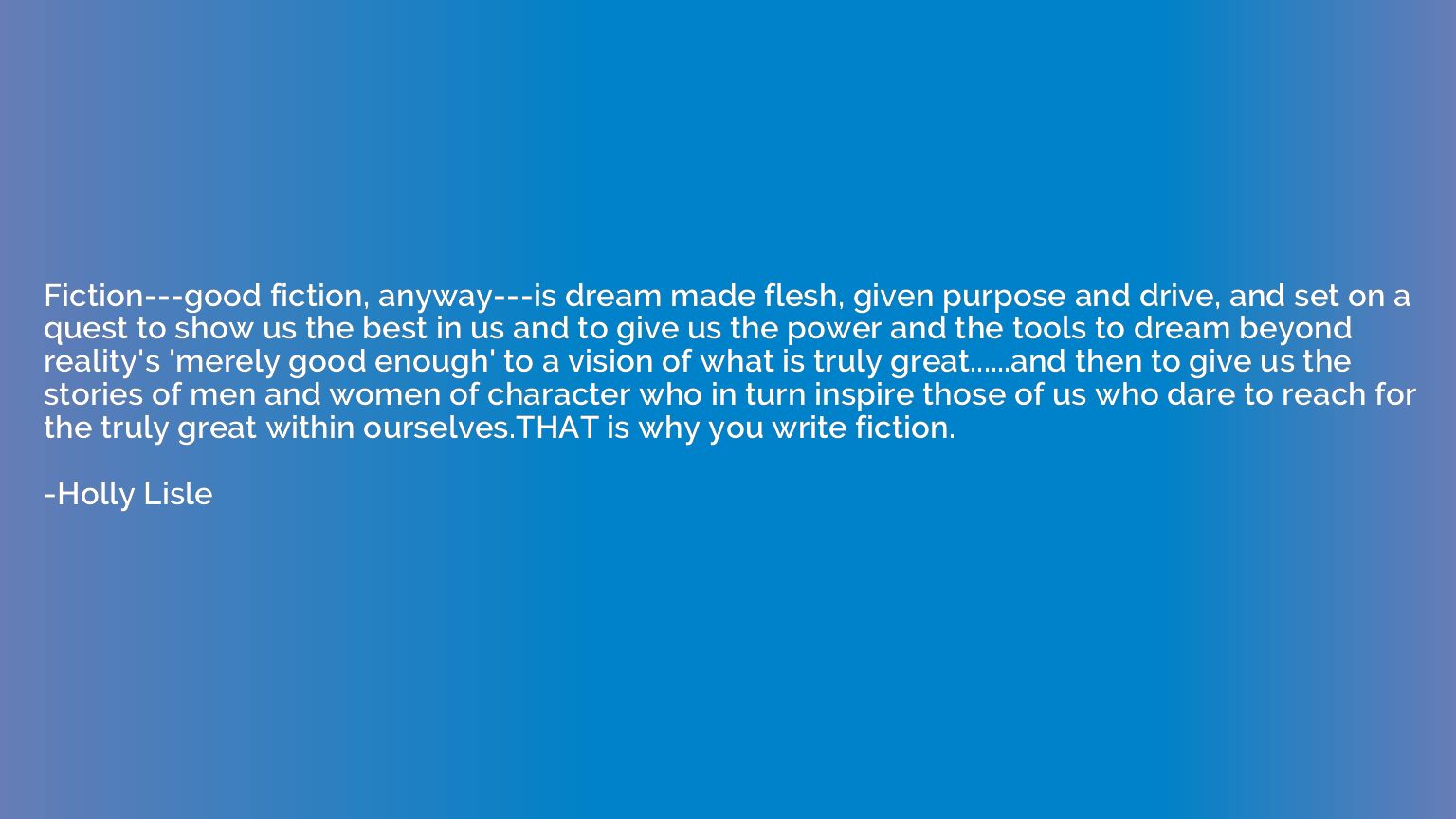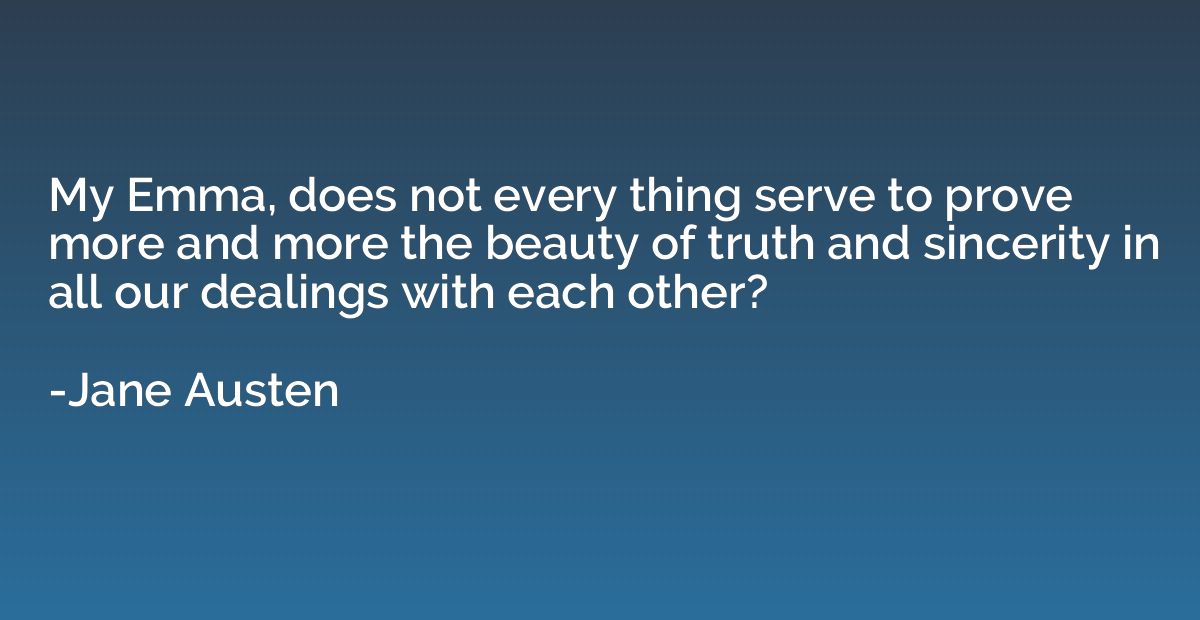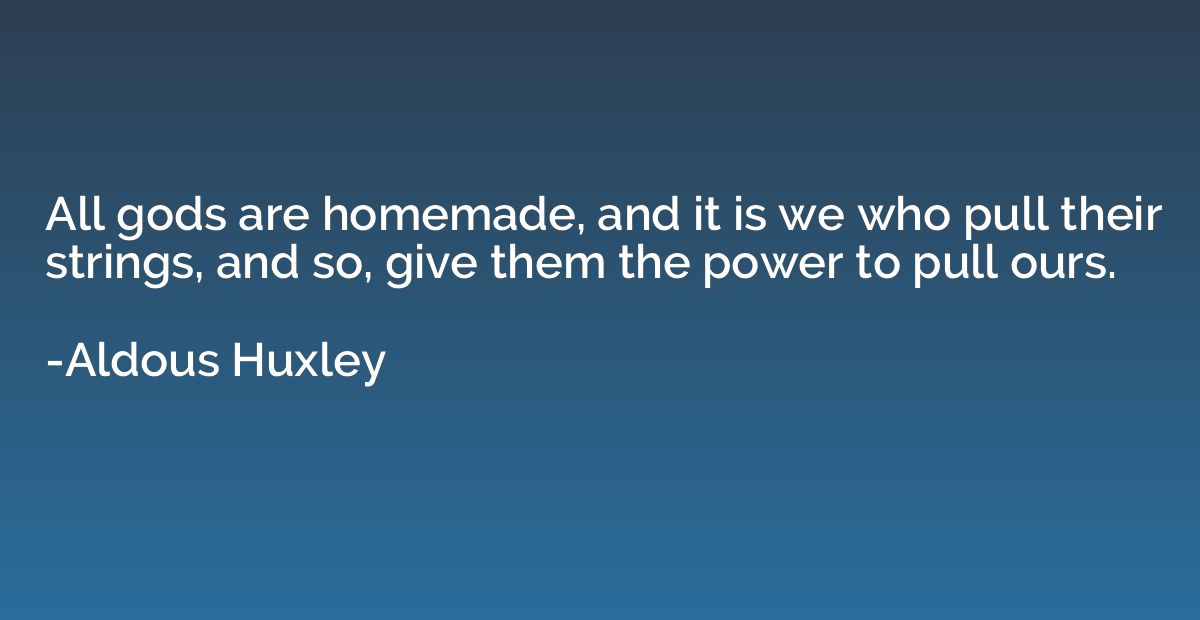Quote by Ludwig van Beethoven
What will be the judgment a century hence concerning the lorded works of our favorite composers today? Inasmuch as nearly everything is subject to the changes of time, and - more's the pity- the fashions of time, only that which is good and true will endure like a rock and no wanton hand will ever venture to defile it. Then, let every man do that which is right, strive with all his might towards the goal which can never be obtained, develop to the last breath the gifts with which the gracious Creator has endowed him, and never cease to learn. For life is short, art eternal.
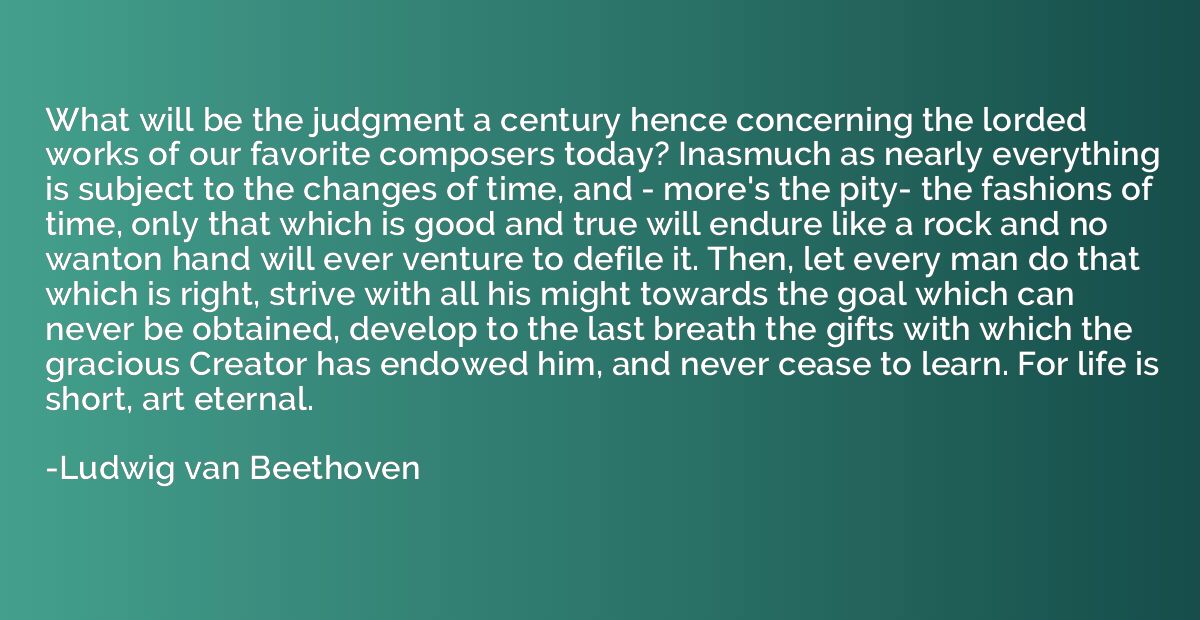
Summary
This quote reflects upon the longevity and judgment of the works of contemporary composers. It suggests that only the pieces that are truly good and true will withstand the test of time and avoid being influenced by the ever-changing trends and fashions. The quote encourages individuals to pursue righteousness, strive towards unattainable goals, cultivate their talents, and commit themselves to lifelong learning. It emphasizes the brevity of life but the enduring nature of art. Ultimately, it is a call to create meaningful and lasting contributions in the face of transient circumstances.



